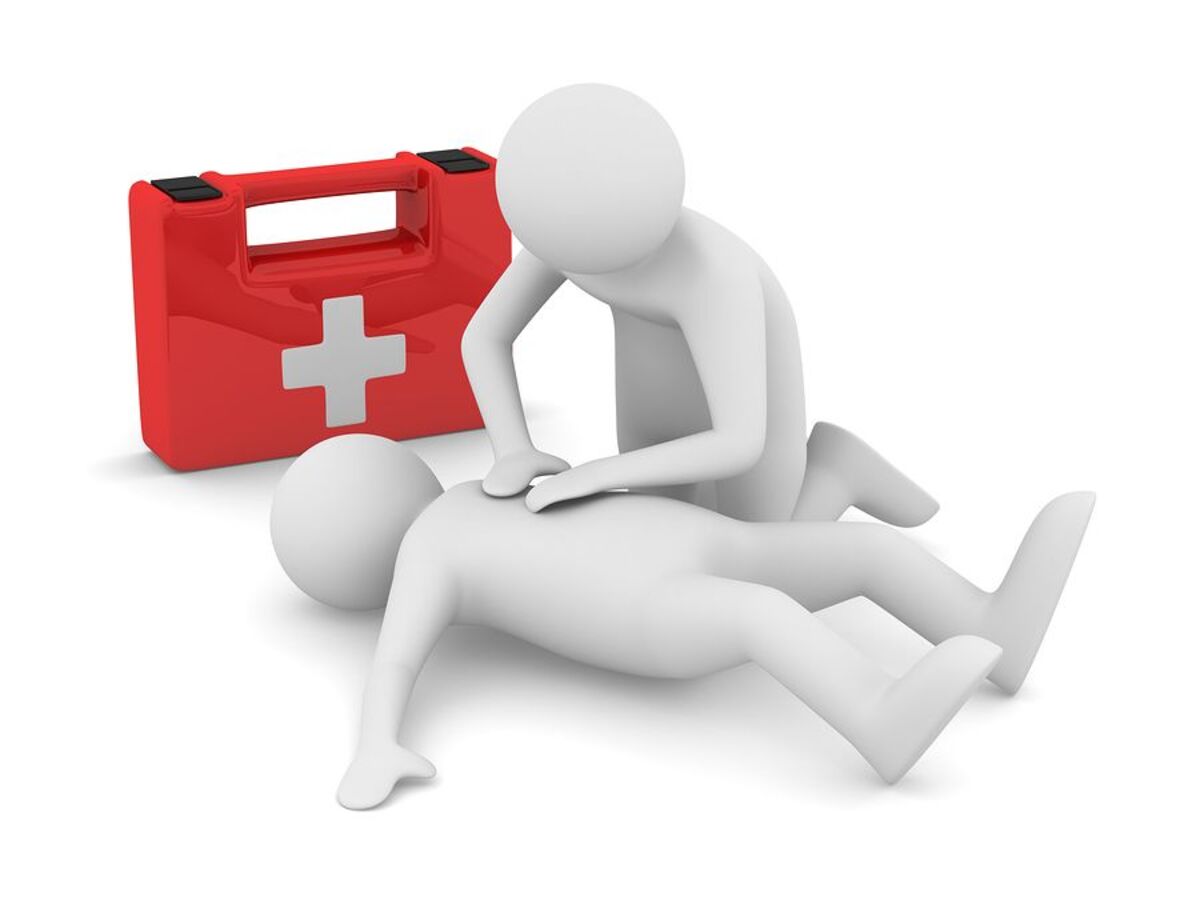TALES OF THE CLUELESS MEDIC: THE NEED FOR TRAINING IN FIRST AID FOR NIGERIAN MEDICAL STUDENTS

At almost any point, there’s usually some post, video, or news item circulating within the Nigerian social media space. The past few weeks have been no exception. The current topic of discussion revolves around a viral video depicting a group of women engaged in a physical altercation, with one of the ladies cutting an adversary’s hand with a knife, resulting in a significant spurt of blood.
The most intrusive and, perhaps, infuriating aspect of the video lies in its aftermath. The entire group stood aloof, appearing entirely clueless about how to handle the situation while the victim continued to bleed, moving steadily and quietly towards a harrowing death.
Numerous social media critics have hurled blame at the women involved in the video, some even suggesting they all played a part in the victim’s demise. However, a closer examination of this event and the reactions it garnered points to a deeper, often overlooked issue plaguing the entire populace—a problem that might not be readily apparent if we focus solely on the delinquency of these women.
This critical issue pertains to the appalling lack of knowledge regarding basic first aid measures in situations such as the one described above. Nothing exemplifies this issue more than asking vocal commentators and avid social critics what actions they would have taken if they were in the shoes of these women. You would notice that, apart from rushing the victim to the hospital, most of these commentators are utterly clueless about other possible steps to at least minimize bleeding before reaching the clinic.
Undoubtedly, this is a significant concern. However, it becomes more reprehensible when considering that even medical students, particularly those in their preclinical years, lack sufficient knowledge in these crucial areas.
This isn’t due to a lack of commitment on the students’ part; rather, the system fails to provide adequate training in these aspects, this is because in most medical schools the training is either completely absent or present in an insufficient form in places like COMUI for instance.
To illustrate the severity of the issue, even a second-year medical student, having completed a significant portion of their medical education, may have little to no idea how to respond when confronted with scenarios involving snake bites or severe physical injuries in their vicinity.
This creates a deadlock, characterized aptly as the case of the clueless medic: a seemingly knowledgeable medical student who appears entirely foolish when faced with a situation demanding immediate medical intervention.
In such dire circumstances, numerous questions bombard the medical student from all angles. “I thought you were a medical student?” “What kind of medical student is this clueless?” Any ability to explain would likely vanish from their mind, leaving them feeling exposed and helpless.
SOLUTIONS
This conundrum of the clueless medic is undoubtedly one that needs swift resolution. Here are a few potential ways to address it:
• Implement a mandatory training program in first aid for newly admitted medical students to acquaint them with the basics of first aid and its techniques, the length of which would be determined by the appropriate authorities.
• Establish a compulsory online course on the fundamental principles of first aid for students at UI, utilizing the Learning Management System (LMS) portal for easy access.
While the lack of knowledge about first aid is a widespread issue in Nigeria, its existence as a significant deficiency among medical students is an anomaly that requires urgent attention.
Tolulope Odueko and Akinyooye Yusuf


One Comment